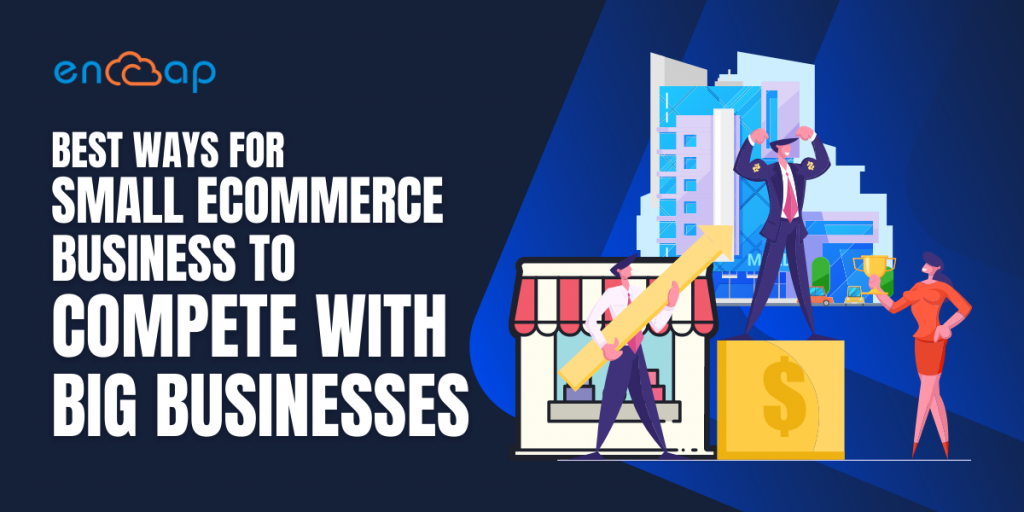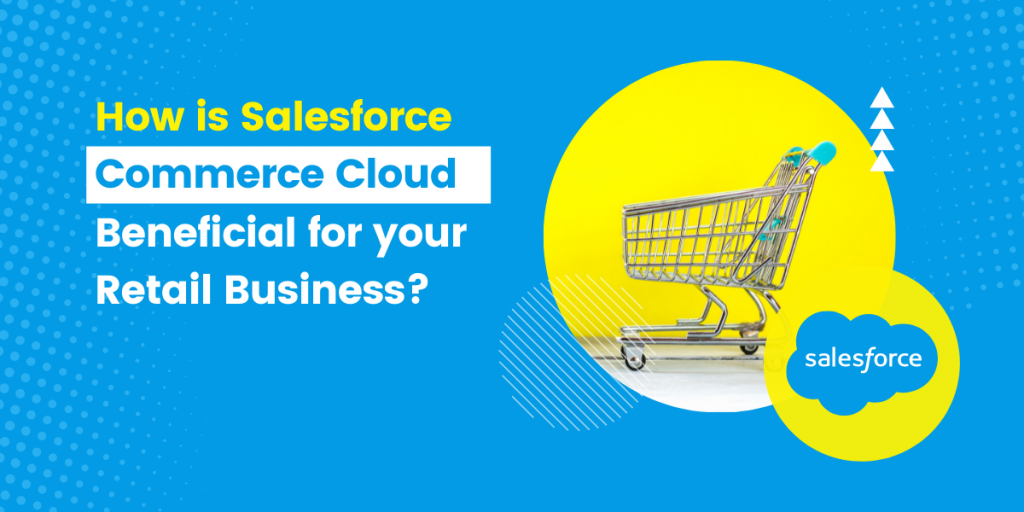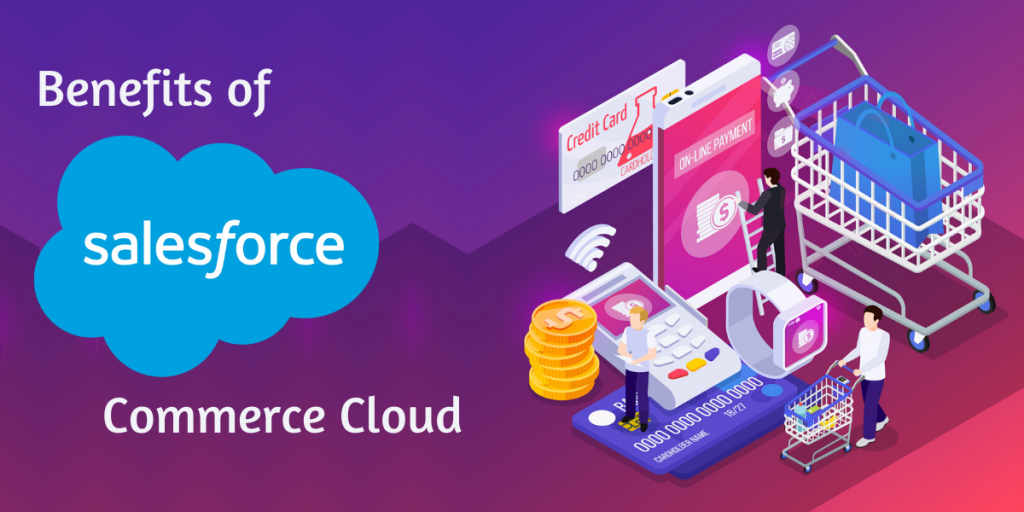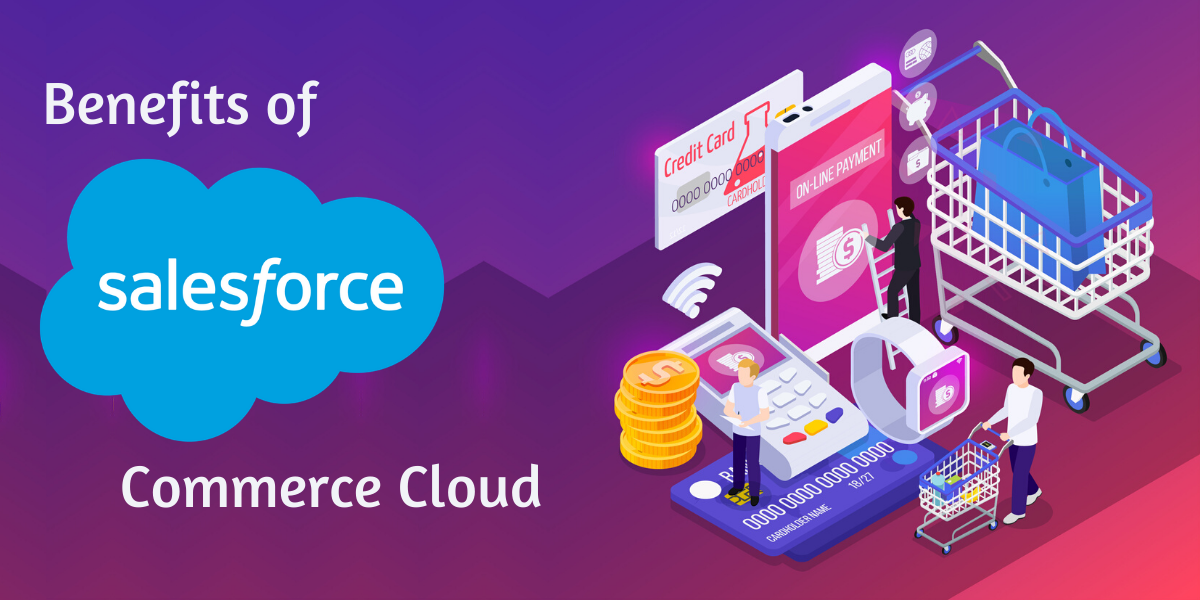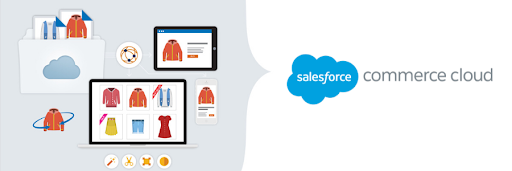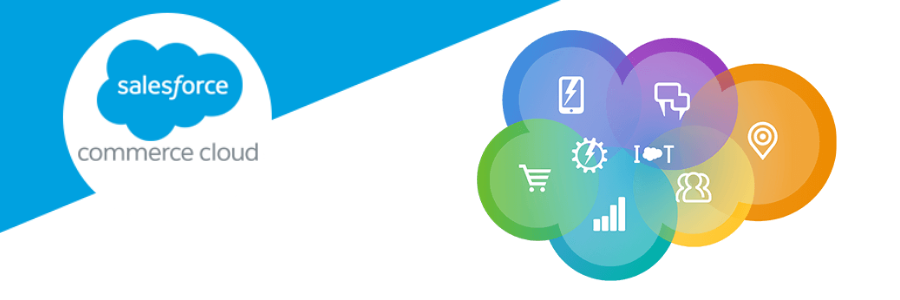Best Ways for Small Business E-Commerce to Compete With Big Businesses

The internet can be a pretty overwhelming and jammed place for the one who is running either a small or a medium-sized business. Competing with the big businesses that are established is definitely not an easy thing to pull off. What’s more, the market size is huge and with each passing year, the numbers of digital buyers continue to expand to billions of users all over the world.
Small and medium-sized businesses need a comprehensive and smartly planned digital marketing strategy to compete against enterprise brands as they face an age-old challenge. Anyone who runs a small-sized business has to think about the e-commerce strategy while also considering factors such as time, budget, and resources.
There are also some practical tips that help in the growth of small businesses. In this blog, we will be discussing them one after another. So if you are running a small or a medium-sized business then the tips given below can help your quest for e-commerce growth.
Building Digital Reputation
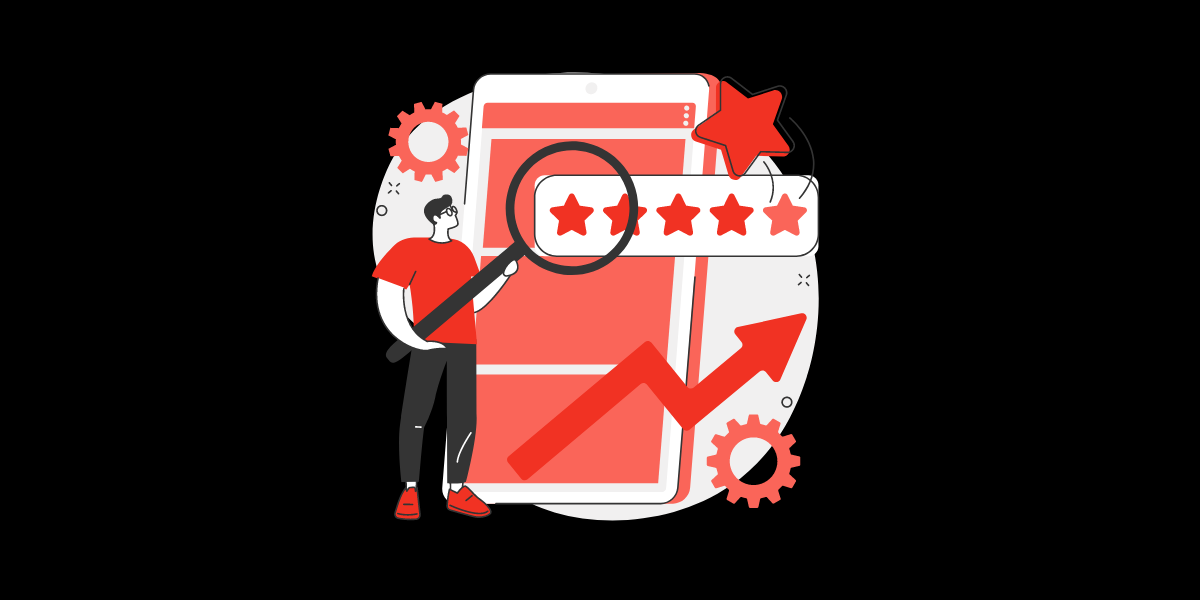
Just because a business is established at a large scale does not mean that it will have prominence at the same scale as well. There are multiple corporations that have a mediocre presence across the nation too. When you really get looking up the internet for reviews, you will be amazed at what will come across.
On the other hand, there are some small businesses that have a big name in their community as well. If you have a small business with a well-earned reputation in an industry then the results can be rewarding as compared to a large business that might struggle to enjoy benefits such as these. Focusing a little more time and effort on building the online reputation of a business by asking for customer feedback, getting and responding to reviews and looking for ways to build awareness can be successful.
With a comprehensive digital marketing strategy, it becomes easier for small and medium-sized businesses to create a dependable presence. When a business wants to get its name out there, expensive traditional advertising is involved. At present, there are multiple methods to get customers. In addition, social media marketing is also an effective method that helps in increasing your footing, meeting customers, and sharing business voice and personality.
Digital marketing methods such as social advertising and pay-per-click ads offer you the opportunity to reach a new audience for a streamlined investment as compared to traditional advertising. In addition, you can also take advantage of the tried and tested methods of marketing such as print and online ads by using analytics techniques to look for audiences.
Many customers need to see the name of a brand multiple times before they even think of doing business. Hence, the more you are successful in getting your name out there with the customers, the better chances you will have at standing up against big brands that have good recognition.
Monitoring Important Metrics and Making Suitable Changes
A business plan is something that evolves from time to time but the metrics that are considered while measuring success are more than likely to stay all the same. One must be ahead of the metrics for uncovering important insights about where there is room for improvement so that the e-commerce strategy can be adjusted based on that.
It is necessary to understand the traffic that is moving to the website of a small business or a channel. It is important to find how shoppers look for a website including organic search, social, paid to advertise, etc. After you know what kind of traffic attracts the most shoppers, it becomes easy to focus on customer behaviors that can drive more traffic. For instance, in case the customers come across a small business by the medium of organic search, the SEO strategy can be doubled down and supplemented with a paid campaign.
Other than this, it is also important to know the conversion rate so that you can know the number of visitors who have placed an order. When this number is compared with the industry average, it can be determined if the products and services are competitive or not. Tracking the conversion rate over time will help in identifying trends and acting on them at the right time. If the conversion rate drops quickly then this might indicate a problem with the checkout system or site performance.
A good digital marketing strategy can also help to know the average number of units per transaction. You can increase this number for boosting the bottom line and improving this unit, the lower value items that compliment a shopper’s primary purchase can be recommended.
Finally, another way to do this is by tracking the number of all the orders that are placed on a channel. Once this number is understood along with the trends that keep changing with time, inventory planning becomes easy. Monitoring the orders with time also helps in planning for high and low demand. For precision, post-sale adjustments should not be counted as returns. Only when the performance of a business is identified, it becomes easy to find opportunities and strengths for continued success.
Creation of Engaging Content on All Platforms
People from across the world search for something or another each second on Google. The total number of searches that happen on a daily basis comes down to somewhere in billions. To make this easy, most people look for products and services when they go on Google. If the companies wish to attract the attention of these people then the creation of suitable content in line with search trends, intent, and keywords is important. In this way, the right customers get attracted to the website and drive conversions.
Live Commerce is an important aspect of Salesforce Commerce Cloud that hosts live virtual events such as shopping opportunities. This is a channel that makes the line between entertainment and shopping very subtle. When used in the right way, this channel can be a lucrative way for small businesses to earn good money.
In case you have a limited budget then using free and open-source tools such as Google Trends is one of the best ways to understand emerging keywords. You can also learn how to successfully include them in your content and promote it. Remember to see the results and make necessary updates so that your performance is improved.
Keep in mind that as the various social channels keep on becoming a large part of the e-commerce puzzle, looking out for opportunities on Instagram and Facebook will become increasingly important. It does not matter if the audience is small, efforts must be made to conduct events that give you a chance to communicate with leads. Find ways to answer questions about your products and services while demonstrating the features.
For instance, if you run a beauty products store and are planning to launch it soon then life with demonstrations, skincare tips, and the right way to use the product can be helpful. These methods can increase the conversion rate remarkably and also provide a unique and innovative experience to the customers.
Easing the Product Discovery
It is not merely sufficient to drive all the traffic to just one website, one needs the shoppers to convert as well. A great way to achieve this is by eliminating all steps in the customer journey that do not ensure an easy shopping experience. The focus must be on making the shopping experience as easy as possible while driving high conversions and revenue. Checking in metrics for insights about what must be done for improving conversions helps.
You can also create guided selling techniques such as assessment or quizzes for encouraging product discovery and helping customers to find what they are looking for. Interesting and innovative content helps the customers to visualize a product and spend a lot more time on a website. If you run a small business then focus on creating valuable content for social media and e-commerce platforms.
It has been noted that artificial intelligence tools make a significant difference in product discovery, particularly for the small businesses that may not have resources for manually mining data for searching insights. AI is something that comes with the ability to take all the guesswork out of product recommendations and automate merchandising. Most customers appreciate this and are open to using artificial intelligence when it comes to customer engagement including the millennials.
Optimizing Checkout Workflow
The entire customer journey does not necessarily end at the “add to cart”, rather the cart is an experience in itself. The process of streamlining the cart by updating items as they are added while allowing the customers to create a wish list is an important step.
It can pay off to create easy-to-spot “Bin” or “Remove” buttons. These buttons can be important to ensure a seamless checkout experience and they usually have a high interaction rate on cart pages. You must also not forget to provide a wide range of payment methods that contribute to offering an improved customer experience. Also make it a point to allow all-important global digital payment methods including credit cards or mobile wallets such as Google Pay, Paytm, Apple Pay, etc.
One more thing to keep in mind while running e-commerce platforms is that most of the customers prefer an easy and small business method that can make shopping easy. When delivery channels are strained because of supply chain problems and there is a huge demand, it is time to consider the best methods for getting all products to customers. To make this easy, a connected store and digital inventory system help in buying online products and picking them up at a local shop.
Testing Marketing Trends Often
There is no doubt that the big brands have the budget to go all-in on the latest marketing trends but the small business also has a big benefit. The workforce contributing to the success of a small or medium-sized business is small which means that there is room to be more nimble when it comes to marketing strategy. It can also help to test some marketing trends before the final budget is improved.
CRM integration makes the process of having a strong marketing process extremely simple. A small business may not come with the ability to float massive ideas but it definitely comes with the benefit of executing and iterating quickly which is important for getting the results you want. Small and medium-sized businesses can use innovation for gaining a competitive edge over big businesses easily.
The key is to just follow the marketing trends, test them, and roll out a digital marketing strategy that can eventually prove beneficial. If someone running a small business is successful in finding this strategy and then genuinely using it for good then the result is always good.
Customer Feedback and Service

Let’s say that a small business has been working hard on creating the best customer experience. Now the best way to do this in the present time is by managing online reputation and receiving constructive feedback on methods that improve a business. In case you fail to receive this information promptly then you can also consider reaching out to loyal customers and asking for their feedback on how you can improve.
From this point, it is easy to implement processes that improve a business. Your customers may wish to add pick-ups for a business or maybe they could have a similar question about a service that can be answered on a page of the website. This is an example of the fact that the customers are interested in a good quality experience and their feedback can set you apart from the big brands that do not have easy flexibility in customer feedback.
Small and medium-sized businesses have the ability to develop a much stronger and more personal relationship with the customers. High-quality customer service has as great value as any other product or service. Rather, most people use customer service as a requisite of deciding whether or not a business should be done.
Small business owners should remember that customers appreciate good quality relationships and experiences and not only end results. In case the customers offer a relationship that they cannot get at a big business then they will come to you first regardless of the fact that they might have to pay more.
Conclusion
Small businesses must understand that time and streamlined budgets are resources that can empower them. In case the goal is to increase the sales then something must be done to upgrade a business and how it functions. The financial and branding goals can be difficult to achieve if the important resources are not used wisely.
Steps such as CRM integration can be a game-changer for small businesses to compete with big businesses. The focus must be on lead generation, online marketing, and automation tools to get good results in the end. However, in case you are managing and keeping a track of customers, these tools do not help as much.
Investing in a CRM is a tested way to increase sales and productivity, save money and improve customer experience. If you run a small business and are struggling to stand out in your industry then we can help you reach your maximum potential. Get in touch with us at Encaptechno and speak to a skilled IT consultant from our team.
After doing a detailed analysis, we will suggest you choose from the best platforms including Zoho Commerce Configuration or Salesforce E-commerce Cloud for optimal results.
Best Ways for Small Business E-Commerce to Compete With Big Businesses Read More »
Digital Marketing
